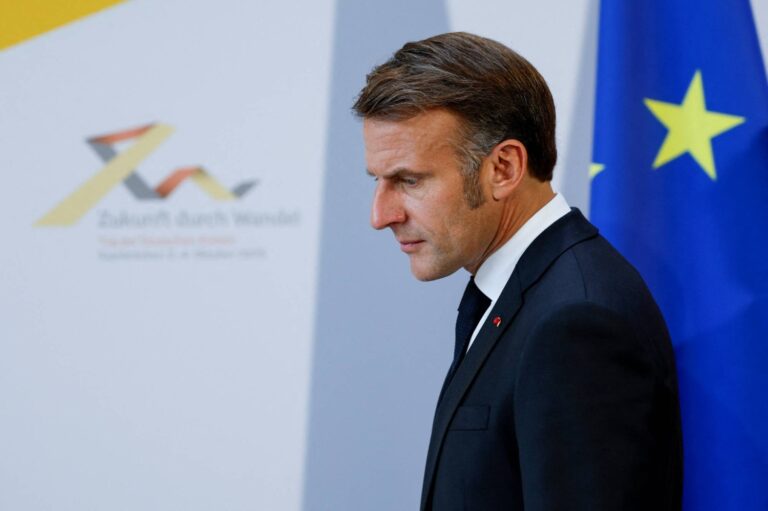France’s top general has issued a stark warning that Russia could pose a serious military threat to Europe within five years. General Thierry Burkhard, Chief of France’s Defense Staff, said Moscow is rearming rapidly and combining vast manpower with battlefield experience. He stressed that this combination could endanger European security by 2030.
Burkhard emphasized Russia’s exceptional combat endurance. In a direct conflict, he warned, Russian forces would likely outlast European troops. Their sheer mass and logistical build-up offer a potential advantage, especially in a prolonged war. His remarks serve as a wake-up call for European nations to increase military readiness.
France is already taking steps to prepare. New defense legislation allocates nearly $460 billion in spending through 2030. Authorities also plan to double rapid deployment capacity and build up ammunition stockpiles. According to Burkhard, the aim is to ensure France can act immediately if needed and signal credibility to allies.
Other NATO officials have issued similar warnings. A German minister recently stated that Russia may be capable of limited strikes on NATO territory by 2029. These warnings reflect a shifting threat landscape and the urgent need for Europe to bolster its defenses.
Russia continues its high-intensity operations in Ukraine while rebuilding its military production. It is also conducting large-scale exercises near NATO borders. The buildup includes hybrid tactics, such as targeting undersea infrastructure and spreading disinformation to destabilize European politics.
Public opinion in France remains divided. Supporters of increased defense spending argue that the threat justifies higher budgets and improved readiness. Critics caution that it may strain public resources or militarize diplomacy. Still, Burkhard insisted that strong defensive capability is essential for deterrence.
His prediction comes at a sensitive political moment. Burkhard is due to retire soon, making this one of his final public statements. His warning ties into broader debates about Europe’s autonomy from the United States. Leaders in Berlin and Paris have discussed how NATO’s European pillar should evolve if U.S. commitments weaken.
Public concern is also growing across Europe. Polls show rising anxiety over energy disruptions, cyberattacks, and the risk of conventional military strikes. Many citizens now support greater self-reliance in defense, including expanded budgets and closer military cooperation.
Observers point out that Russia’s power goes beyond conventional forces. Hybrid tools—such as satellite jamming, submarine operations, and propaganda—are being used to pressure European stability. Burkhard’s warning reflects the wide scope of these threats.
He argued that Europe must invest in emerging technologies like quantum computing and cyber defense. Without adaptation, he warned, NATO could be left unprepared for future conflicts. He also called for better engineering training, stronger intelligence sharing, and increased investment in advanced systems.
Ultimately, Burkhard’s message is clear: Russia could pose a serious military threat to Europe within five years. Europe cannot afford to delay. His warning acts as a strategic alarm bell. Whether European nations respond with action, funding, and reform will shape the future of regional security in the coming decade.

